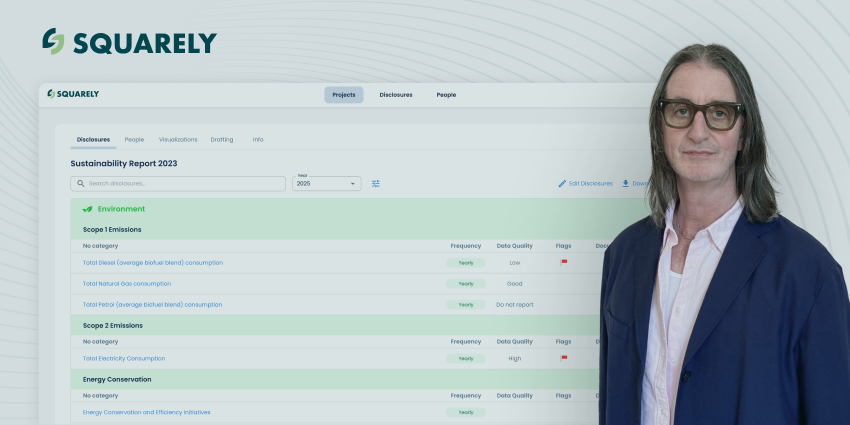ADVANCING GENDER DIVERSITY, BOARD PAY AND CLIMATE RISK IN SOUTH KOREA
Over recent years, the reformation of corporate governance has become a focus for many large companies in South Korea. This shift has come following intense public criticism of the governance structure of family-driven conglomerates. A lack of investment in governance issue is seen as the biggest hindrance to attracting investment for companies in South Korea.
This article hopes to offer an informative analysis of corporate governance disclosure regarding the practices of 50 of the largest public companies in South Korea. To begin with, companies show good overall practices on various “core governance” issues such as regulating the ratio of the outside directors, using an independent audit committee and practicing risk oversight.
However, the three emerging governance issues (gender diversity, board pay and climate risk) present companies in Korea with an opportunity to improve their governance frameworks. Those topics are concerns that dominate the global conversations within investment firms such as Blackrock, Vanguard and State Street Global Advisors.
Twenty-eight out of the 50 largest public companies published a sustainability report in 2016, disclosing the ratio of independent directors which is on average more than 50%. Policies corporate board election, activities and compensation and the presence of an audit committee with a majority of independent directors are disclosed in these reports. It is also worth noting that internal CSR and Sustainability committee is usually managed and reported at the board level in 60% of the 28 companies. The practice of CSR and Sustainability are recognized by executives in large companies to deliver competitive advantage.
Our analysis also shows that there should be more attention from companies on the issues of gender balance, board pay and climate risk disclosure and practices.
Gender Diversity: The gender of the board of directors was disclosed in 8 out of 28 sustainability reports. These 8 companies have at least 6 people on the board. Typically, there is either a single female director or none. A lack of women not only on the board level but also in most managerial positions in Korean companies was revealed in research by Asian Development Bank. With the proportion of female directors representing 1.9% of the corporate workforce, South Korea ranked last among 8 Asia Pacific countries. Difficulties in maintaining work-life balance results in a low participation rate of women in the workforce – 53.1% which is 20% lower than men.
Board Pay: Among the 28 companies publishing sustainability reports in 2016, 39% of them disclosed the total amount of board remuneration. Usually, outside observers have a limited understanding of how remuneration is used to ensure that directors deliver on key performance indicators linked to the company’s strategy. A new regulation introduced by the Korean National Assembly in 2013 requires that a registered director’s compensation be disclosed on individual basis if it exceeds 500 million Korea won (around US$47,000). However, a research in 2017 found no reduction in executive pay level. Rather, executives receive higher compensation after the enhanced rule. It is suggested that compensation disclosure rules and good governance mechanisms need to go hand in hand to achieve effective compensation systems.
Climate Risk: Fifty percent out of the 28 companies publishing sustainability reports in 2016 considered climate change as a business risk. A higher percentage is expected in companies which have a strong integrated risk management system. The Korean government has been very active in establishing a road map for environment-related policies, such as the Greenhouse Gas (GHG) Emission Trading Scheme. Introduced in 2015, this scheme defines the emissions quota for companies in 5 industrial sectors. Many large companies consider this a long-term risk because their business tend to use higher amount of energy due to its business operations and plans for future expansion. Financial impacts are the most direct result of this emission trading scheme.
Recent global events such as Vanguard advocates for best governance practices or Blackrock vows new pressure for climate action and board diversity or the Church Investors Group warns to withdraw support for remuneration reports where pay ratios are not disclosed, is stressing the concerns of global investors who are significant stakeholders to the business. Companies worldwide can no longer risk investors’ confidence and support because their sustainability concerns represent the interest of customers and community. With attempts from the South Korean government in initiating policies related to the issues of gender diversity, compensation disclosure and climate risk, together with investors’ pressures, companies in South Korea are expected to invest more in these issues.


